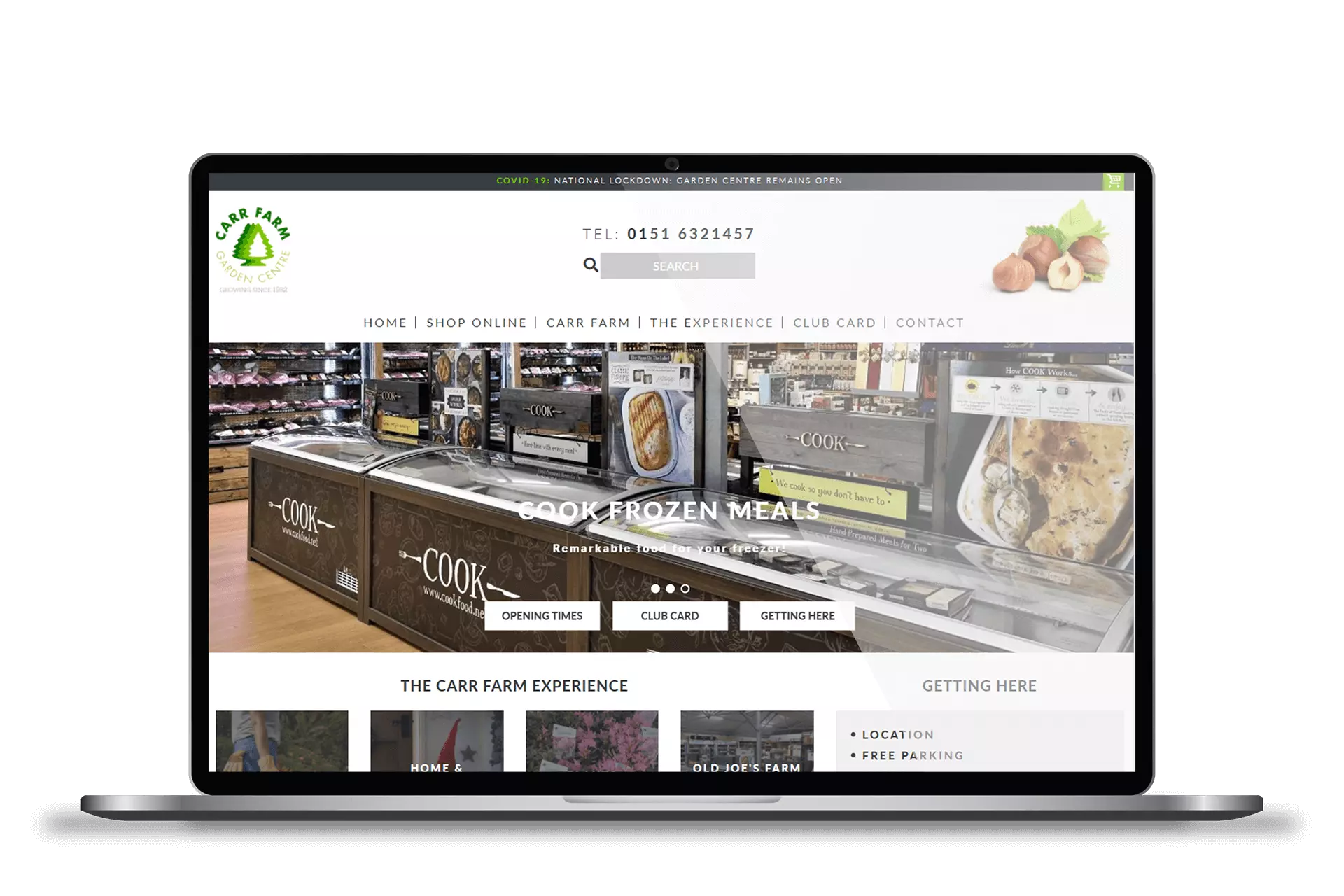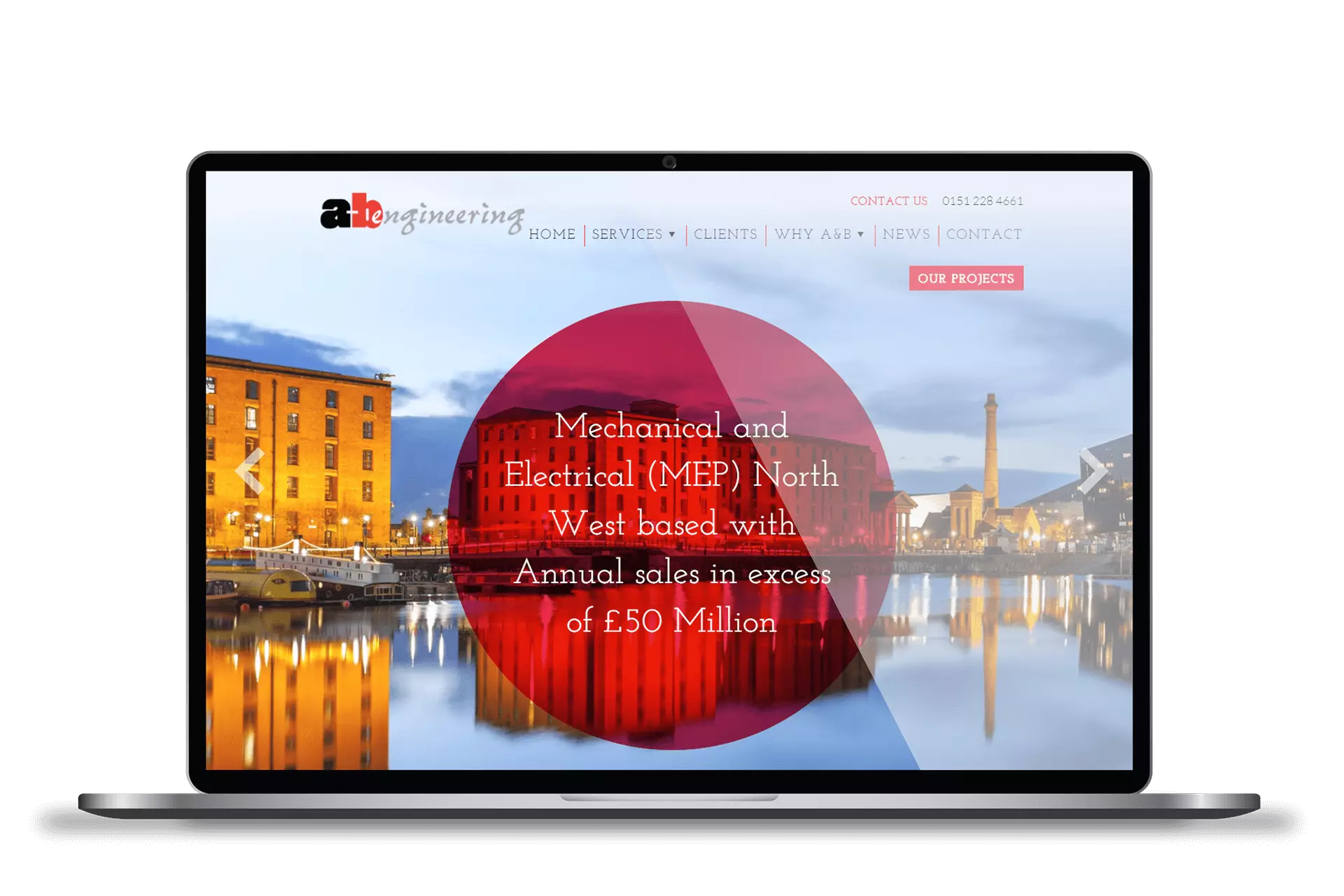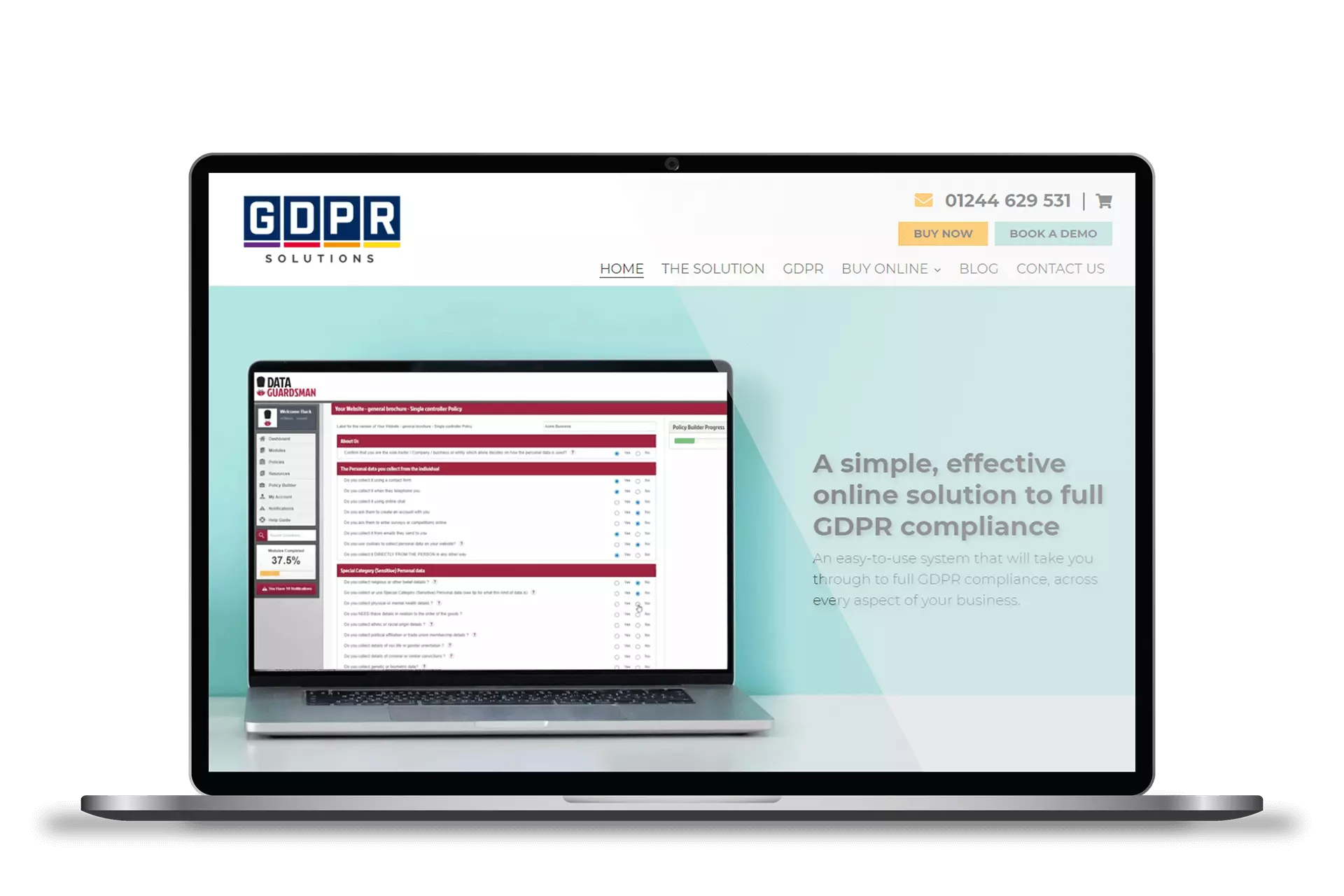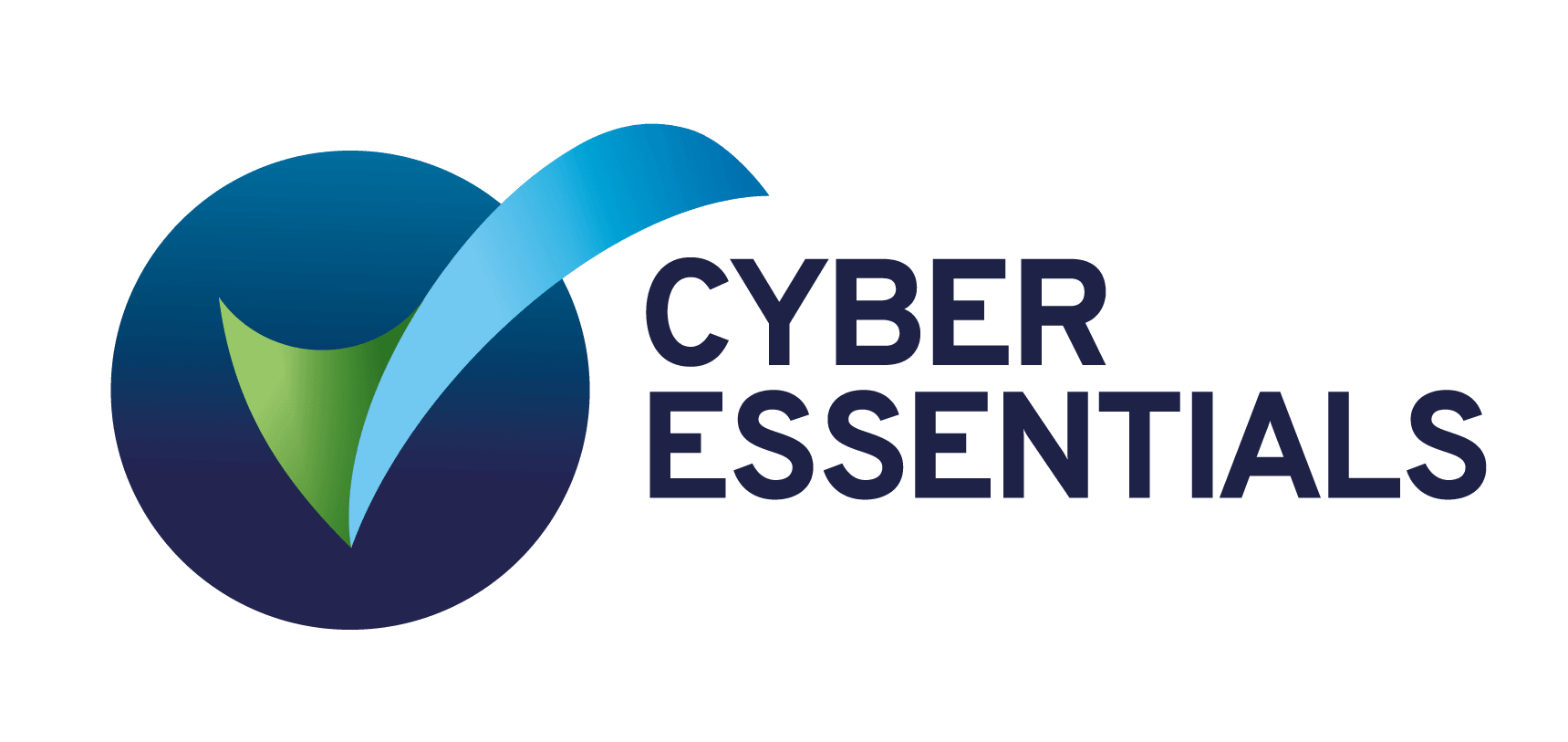Clients we've helped:
Generate qualified leads
PPC allows businesses to drive more qualified leads, increase website traffic, generate more sales, and grow their business in the process. PPC campaigns are highly trackable. By using PPC, you can scale quickly while tracking and measuring success at every step along the way.
A quick return
When a Pay Per Click (PPC) advertising campaign is set up correctly, and optimised for success, you will see results almost immediately. This makes it effective for businesses looking for a quick return on their investment.
FAQs About Pay Per Click Management
What is PPC management?
PPC management is the process of planning, running, and optimising pay-per-click advertising campaigns across platforms like Google Ads, Microsoft Ads, and social media channels. It helps businesses attract targeted traffic, reduce wasted spend, and maximise conversions. PPC management can either be done in-house or outsourced to an agency.
In-depth, PPC management is about much more than switching campaigns on and leaving them to run. It involves an ongoing cycle of research, planning, testing, and refinement. Effective PPC management typically includes keyword analysis, ad creation, bid strategy, audience targeting, landing page optimisation, and reporting. There are two main approaches:
PPC management in-house: This means running campaigns internally within your company. It gives you direct oversight and control, which can be helpful for smaller budgets or when a business wants to closely monitor spend. However, in-house management requires skilled staff who keep up with ever-changing advertising features. Without the right expertise, campaigns may underperform, wasting both money and time.
PPC management by agency (outsourcing): This approach involves hiring a professional PPC agency to manage campaigns on your behalf. An agency brings experience across multiple industries, access to advanced tools, and knowledge of best practices. While there is a management fee, the benefit is that you save internal resources and often achieve better results thanks to specialist expertise.
Ultimately, PPC management is about strategy and precision. In the UK, businesses often start with in-house efforts but outsource once campaigns become complex or budgets grow larger. Outsourcing is particularly effective when you need scalable results, as agencies can apply insights from other accounts to optimise yours faster. Whether in-house or outsourced, the goal remains the same: to achieve measurable growth through well-managed, data-driven advertising.
How much does PPC cost on average?
The cost of PPC varies depending on industry, competition, and campaign size. In the UK, small to medium-sized businesses usually spend between £1,000 and £10,000 a month on Google Ads alone, but exact costs depend heavily on keyword competitiveness and business goals.
In greater detail, PPC is not a fixed-cost marketing activity—it is auction-based. This means the cost-per-click (CPC) fluctuates depending on how many advertisers are competing for the same audience. In highly competitive sectors such as legal, finance, or insurance, CPCs can exceed £20 per click, making even small campaigns expensive. On the other hand, less competitive industries may see average CPCs of £1–£2, making campaigns more affordable. The average monthly PPC spend in the UK often covers not just clicks, but also management costs. For example, if your ad budget is £3,000, you may also pay £500–£1,000 in agency fees for management. Other cost factors include targeting (local vs. national campaigns), ad platforms (Google Ads generally costs more than Microsoft Ads), and campaign type (search vs. display vs. remarketing). Importantly, PPC should be seen as an investment rather than just an expense—well-managed campaigns can generate significantly more revenue than they cost. For many UK businesses, the real question isn’t “How much does PPC cost?” but rather “What is the return on ad spend?”
How is PPC priced?
PPC pricing models can differ depending on whether you run campaigns in-house or through an agency. The most common structures are percentage of ad spend, fixed monthly fees, performance-based models, and hybrid arrangements. Each has its pros and cons.
A closer look at PPC pricing in the UK shows several options:
Percentage of Ad Spend: Agencies charge 10–20% of your monthly budget. This scales with campaign size.
Fixed Monthly Fee: A set management charge regardless of ad spend. Predictable but less flexible.
Performance-Based: Fees tied to achieving KPIs like leads or sales. This aligns incentives but can be risky for agencies.
Hybrid Models: A blend of the above, balancing stability and performance.
Other influencing factors include:
Campaign Complexity: Multiple campaigns or advanced tracking raise costs.
Industry and Competition: Legal, finance, and healthcare are costlier due to high CPCs.
Geographic Scope: UK-wide targeting costs more than local campaigns.
Ad Platform Selection: Google, Microsoft, and Meta all differ in cost.
Campaign Goals: Lead generation vs. e-commerce sales require different levels of work.
Agency Expertise: Experienced agencies may charge more but deliver better ROI.
Service Inclusions: Landing page design or CRO bundled in increases fees.
Monthly Ad Spend: Higher spend often requires more hands-on management.
Contract Length: Longer commitments may reduce per-month cost.
Reporting and Analysis: More detailed reporting means more resource use.
In summary, PPC pricing is flexible and reflects the balance between budget and service depth. A lower fee might seem attractive, but in reality, paying slightly more for experienced management can save wasted spend and deliver significantly stronger returns.
How to manage PPC campaigns?
Managing PPC campaigns involves planning, monitoring, and constant optimisation. The aim is to reach the right audience at the right time while keeping costs efficient and improving conversion rates.
For UK businesses, effective PPC management typically follows a structured process. Keyword research identifies high-intent terms with manageable CPCs. Ad creation ensures copy resonates with the audience and includes strong calls to action. Targeting settings such as geography, devices, and demographics must be properly configured. Once live, campaigns require bid adjustments, negative keyword management, and regular A/B testing to refine performance. Conversion tracking ensures you can measure real business outcomes, not just clicks. Reporting provides insights into ROI and highlights areas for improvement. More advanced approaches include remarketing campaigns, smart bidding strategies, and conversion rate optimisation on landing pages. While smaller businesses may try to handle this in-house, most companies in the UK find that outsourcing to a specialist agency delivers more consistent and profitable results, especially in competitive industries.
What is involved in day-to-day PPC management?
Daily PPC management means checking campaigns regularly and making adjustments to improve performance. It’s about staying on top of data so budgets aren’t wasted and opportunities aren’t missed.
On a practical level, this involves reviewing campaign dashboards to monitor impressions, clicks, CTRs, and conversions. Managers adjust bids, budgets, and targeting settings based on performance. Search term reports are analysed daily to identify irrelevant queries, adding them as negative keywords to reduce wasted spend. Ad copy testing is run continuously, with underperforming ads paused and stronger ones promoted. Managers also monitor quality scores and landing page performance, since these directly affect CPC. Conversion tracking is checked daily to ensure data accuracy, while competitor activity is monitored to prevent losing market share. Seasonal adjustments, promotional campaigns, and remarketing lists may also require daily updates. In the UK, where industries like retail, travel, and finance see fluctuating demand, day-to-day management is vital for keeping campaigns profitable and aligned with business goals.
Is outsourcing PPC management worth it?
For many UK businesses, outsourcing PPC management is worth the investment. It allows access to expert knowledge, advanced tools, and proven strategies, often delivering better ROI than handling campaigns in-house.
Agencies typically bring certified specialists in Google Ads and Microsoft Ads, giving them the ability to optimise accounts with precision. They use advanced tools such as SEMrush, SpyFu, or Optmyzr to gain insights that in-house teams often lack. Outsourcing saves businesses time, reduces errors, and helps scale campaigns more effectively. While it does come with agency fees, the additional revenue generated usually outweighs the cost. For competitive UK industries—such as law, finance, or e-commerce—outsourcing often means the difference between wasted budgets and sustainable growth. Agencies also provide structured reporting and accountability, so businesses have a clear view of performance. In the long run, outsourcing is not just about saving effort—it’s about achieving stronger results, faster, with less risk.
“Our website needed to reflect our values and NHS partnerships. H10 made sure it did, and it works perfectly.”
Chrystal Medical














